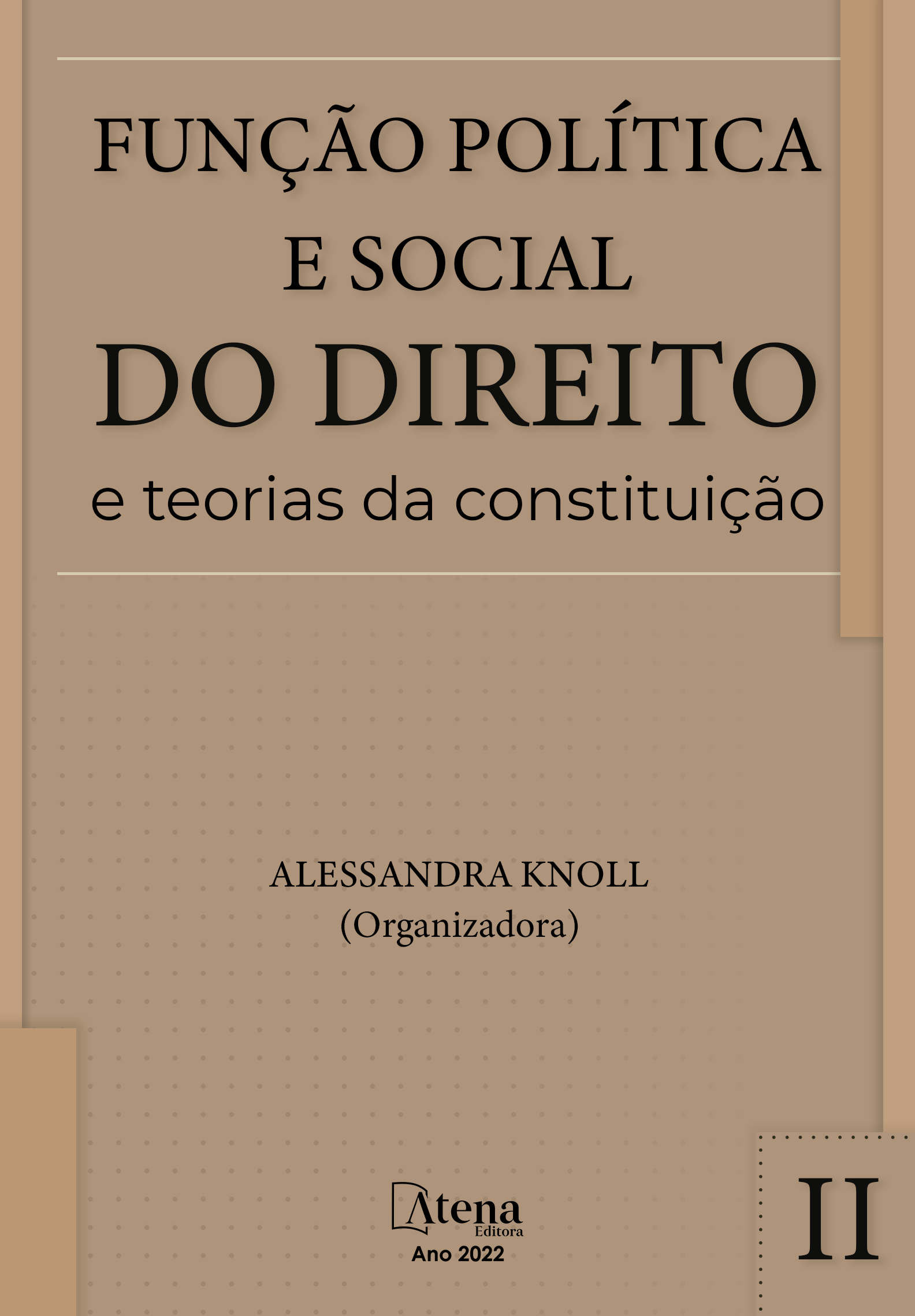
Direito potestativo: Uma perspectiva acerca do divórcio impositivo
O presente artigo abordará o surgimento do direito desde os primórdios da humanidade até a chegada do direito ao Brasil, apontar as principais fontes do direito e discorrer sobreo direito potestativo e a opinião de alguns doutrinadores. As mudanças foram acontecendo conforme a vida em sociedade, surgindo o Direito Romano, Direito Canônico até chegar ao direito no Brasil estabelecido nos dias atuais. A teoria geral do direito é pura abstração, uma norma é equiparada a outra com a mesma efetividade de seu conceito em que tange outros ramos do direito. A palavra “potestativo” gera grande discursão desde a sua origem. O direito potestativo é um ato unilateral, onde apenas uma pessoa exerce “poder”, na esfera jurídica de outrem, cabendo à parte aceitar a decisão sem qualquer tipo de contestação. Em 2019, surgiu à figura do divórcio impositivo, através do Provimento nº 6 aprovado pela Corte Especial do Tribunal de Justiça do Pernambuco, no qual passou a aceitar o divórcio impositivo. Contudo, o Conselho Nacional de Justiça não aceita a medida para inserir no Código Civil Brasileiro o divórcio impositivo.
Direito potestativo: Uma perspectiva acerca do divórcio impositivo
-
DOI: 10.22533/at.ed.79022260111
-
Palavras-chave: Direito potestativo, Direito no Brasil, Divórcio impositivo.
-
Keywords: Potestative law, Law in Brasil, Tax divorce.
-
Abstract:
This article will address the emergence of law from the beginnings of humanity until thearrival of law in Brazil pointing out the main sources of law and discussing potestative law and the opinion of some scholars. The changes were taking place according to life insociety emerging the Roman Law Canon Law until reaching the law now established in Brazil. The general theory of law is pure abstraction one norm is equated with another with the same effectiveness as its concept with regard to other branches of law. The word “potestivo” has generated a lot of discussion since its origins. The potestative law is a unilateral act where only one person exercises "power" in the legal sphere of another and the party is responsible for accepting the decision without any type of challenge. In 2019 the figure of tax divorce emerged through Provision No. 6 approved by the SpecialCourt of the Court of Justice of Pernambuco in which it started to admit tax divorce. However the National Council of Justice does not accept the measure to insert tax divorce in the Brazilian Civil Code.
-
Número de páginas: 15
- Pedro Henrique Oliveira
- Laurentino Xavier da Silva
- ROSIANNE APARECIDA DA SILVA LIBERATO


